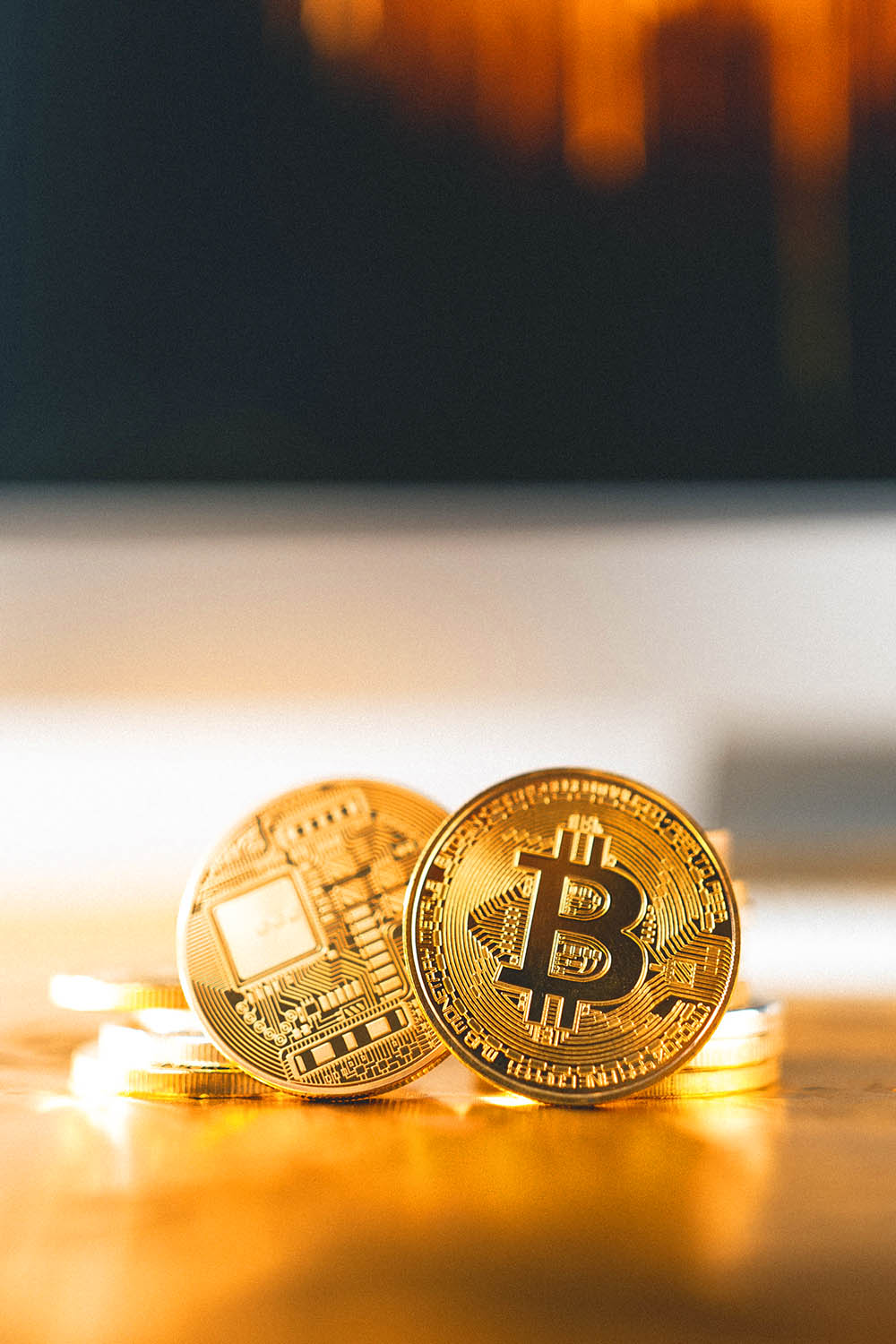Generational Crypto Consumer Trends
Over the last few years, the rise of new assets classes like cryptocurrencies and NFTs (non-fungible tokens) have radically shifted the relationship we have with investing. Unsurprisingly, crypto is the most popular asset class held by millennials, Gen Z and Gen X investors whilst baby boomers are generally unlikely to invest in digital currencies. According to a survey by Investopedia, 38% of millennials said they have some form of cryptocurrency compared to only 6% of baby boomers. While the difference in crypto ownership is stark, all three generations (millennials, Gen Z and Gen X, and boomers) expect cryptocurrencies to yield the greatest returns over the next decade above any other type of asset. So, why is it that crypto is still only popular amongst younger investors?
With the Fourth Industrial Revolution underway, user preference has moved towards electronic and cashless digital transactions. Amongst the innovations spurred from this revolution, cryptocurrency naturally fits into the modern digital lifestyle of most millennials, Gen Z and Gen X. In other words, younger investors are more comfortable with the concept of digital currency. Conversely, baby boomers, who are experienced in navigating traditional monetary systems, not only struggle to understand the digital assets but more importantly, how to acquire it.

Indeed,much of the scepticism of the older generation is because the concept of digital currency is significantly different from the investment products they are used to. With stock investment being the most popular form of investment, the idea of investing in an asset that does not produce anything but solely depends on demand and supply alienates this demographic. This is not just a common sentiment amongst the public but, also with figures like Bill Gates.
Interestingly, what repels older generations – the volatility of the asset – is the same reason that drives young investors to embrace cryptocurrency. Unlike boomers, the younger generation feel their future is inherently uncertain and unpredictable. According to a study done by The College Board on student aid, millennials have taken on at least 300% more student debt than their parents and the U.S. Consensus notes that millennials are half as likely to own a home compared to young adults in 1975. Evidently, the world is profoundly different than it used to be, salaries have stagnated whilst the cost of every prerequisite of a stable existence – education, housing and health care – has inflated astronomically. Naturally, this has pushed younger generations to bank on risker assets.
Not only that, but as a result of influencer culture and social media we now live in a society where monetary recompense has become increasingly disconnected from our labor. Amongst the younger generations, this has spurred the rise of the “Get Rich” movement where they seek quick, easy ways of gaining wealth like through crypto.
In addition, over the last year or so, the proliferation of easy-to-use brokerage platforms, which has removed barriers to entry, was key to fuelling the millennial mania over crypto. In fact, various securities regulators have observed that popular online trading platforms encourages inexperienced, young traders to make risky purchases by gamifying the user experience and providing chat community forums that hype a digital currency, facilitating a “fear of missing out” (FOMO) for those that do not jump on the latest trend. FOMO results in riskier, emotion-driven investment decisions which ultimately causes addictive, gambling behavior. So much so, that there is now a growing number of mental-health professionals around the world that have started offering therapy for crypto addiction specifically to treat millennial investors.
On the other hand, older generations tend to seek out established wealth management firms that provide carefully tailored, expert advice which is far more legitimate than any advice given to young traders through crypto influencers or chat forums.

Although crypto is still considered a risky investment, the financial services industry is evolving towards mainstream adoption. For instance, the crypto exchange platform Coinbase’s public listing and positive mentions by regulators are proof of its potential. As a result of this, new research reveals that an increasing number of baby boomers are entering the cryptocurrency market. Mike Novogratz, founder of crypto firm Galaxy Digital, estimates that boomers could bring in as much as a trillion dollars over the next year into the crypto market. Furthermore, the growing number of institutions accepting crypto, such as Lamborghini, AT&T, Etsy, Microsoft and Starbucks, further instills its legitimacy. Aside from direct payments, some service providers have also begun to allow cryptocurrency to be used indirectly to pay for citizenship by investment services in countries like St. Kitts and Nevis, Antigua and Barbuda, Dominica, Grenada, St. Lucia and Vanuatu. Notably, older generations interested in citizenship-by-investment prefer to pay such services with digital currencies to legally avoid capital gains tax or if it is particularly difficult to transfer money internationally.
FOR MORE INFORMATION ABOUT OUR SERVICES, PLEASE VISIT OUR WEBSITE AT WWW.harveylawcorporation.com
If you would like to discuss with one of our professionals, please contact us via email at [email protected]

Summary
As crypto continues to be accepted by the financial services industry, experts predict that much of the older generation will continue to warm up to crypto. Furthermore, with so many millennials and Gen Z investors becoming millionaires from crypto, it’s likely to remain central to their investing. Even with recent price declines across cryptocurrencies, millennials have no plans to slow down investing into crypto. What will be interesting to observe, in the next decade or so, will be how the largest transfers of wealth from baby boomers to millennials, Gen Z and Gen X will influence crypto markets. According to a new report by Coldwell Banker, it is estimated that $68 trillion will be transferred from boomers to their successors. As millennials continue to champion cryptocurrency over traditional stocks, the financial services market is bound to undergo rapid growth with an influx of crypto investments and the introduction of new cryptocurrencies.



